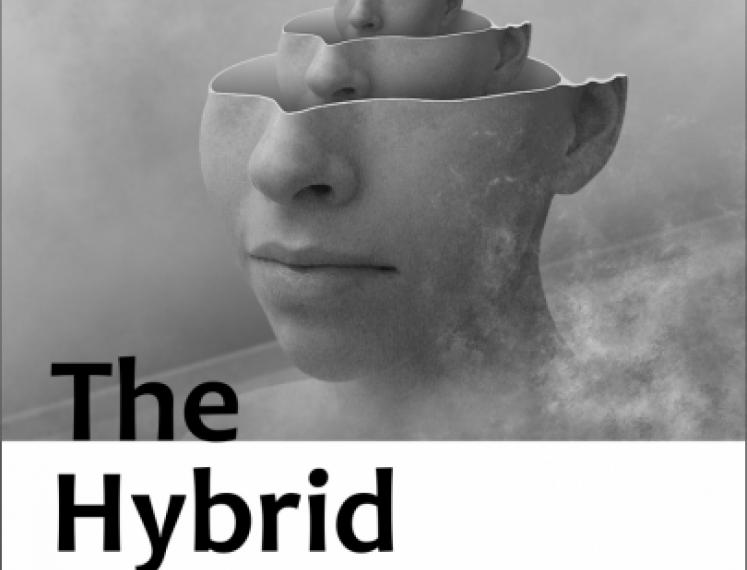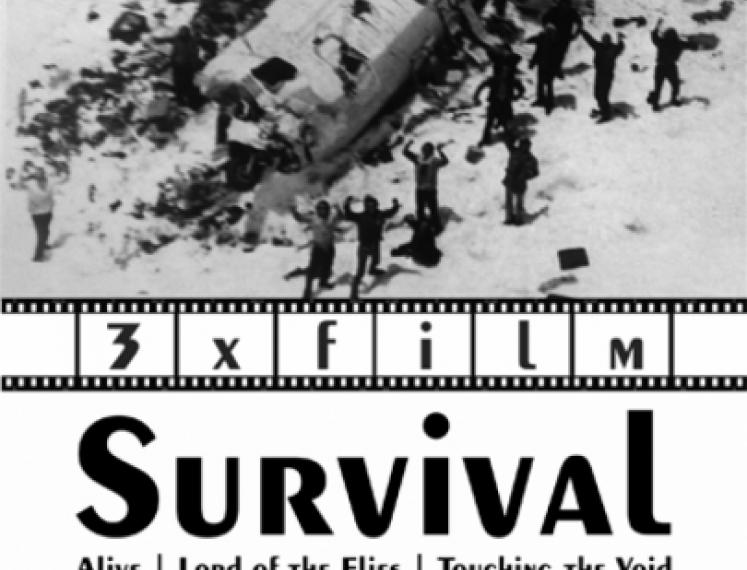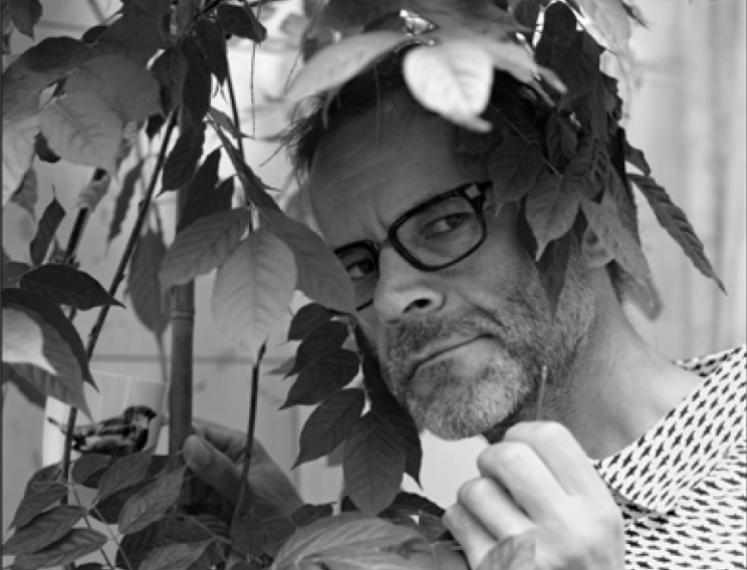The hybrid mind
For century’s philosophers, scientists and lay people alike have assumed consciousness to be the most distinctive feature of human nature. In recent years a number of influential scientists and philosophers have dismissed consciousness as a superficial by-product of evolution or even an entirely irrelevant factor in human cognition. On the contrary, Merlin Donald presents human consciousness as an evolutionary triumph in the origins of the modern mind. He proposes that the human mind is a hybrid product of interweaving a complex form of matter (brain) with an invisible symbolic web (culture) to form a ‘distributed’ cognitive network. This hybrid mind is our main evolutionary advantage, for it allows humanity as a species to break free of limitation of the mammalian brain. Where would these complex communication networks have come from if they were largely absent in our ancestors, the Miocene apes? And how did the distinctively human modes of awareness develop? Combining data from anthropology, archaeology, cognitive psychology, linguistics, and neurobiology, Donald traces the evolution of human culture and cognition. He presents an enterprising and original theory of how the human mind evolved from primitive apes to artificial intelligence.
Merlin Donald is a Emeritus Professor in the Department of Psychology and Faculty of Education, Queen's University, Kingston, Ontario, Canada. A cognitive neuroscientist with a background in philosophy, he is the author of many scientific papers, and two influential books: Origins of the Modern Mind: Three stages in the evolution of culture and cognition (Harvard, 1991), and A Mind So Rare: The evolution of human consciousness (Norton, 2001).
In collaboration with Groningen Research Institute for the Study of Culture, University of Groningen



